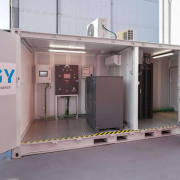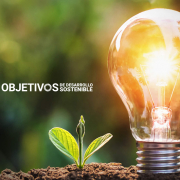When it comes to sustainability, we set the standard!
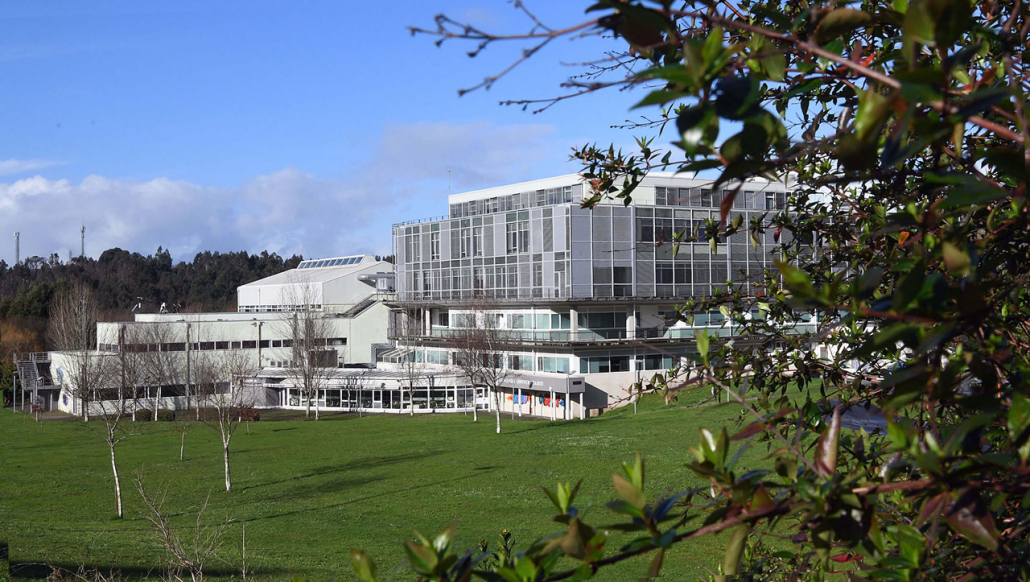
The University of Santiago de Compostela and Genesal Energy have created the first Faculty of Energy Transition in Galicia.
As part of our commitment to sustainability, and because we believe that caring for the environment is a collective responsibility, Genesal Energy is going back to school; we have teamed up with the University of Santiago de Compostela (USC) to create the first Faculty of Energy Transition in Galicia.
The inauguration was held in the University of Santiago de Compostela (USC) rector’s hall at San Xerome College and presided over by Antonio López, the rector of the university, and Julio Arca, our Director of Finance and Strategy.
At the event, the rector stressed that science “is crucial to the energy transition and to energy sovereignty” and expressed his conviction that the new faculty “represents a step forward, as it strengthens the ties between universities and industry”. The head of Finance and Strategy at Genesal Energy emphasised the importance of committing to clean energy and to solutions that help us move forward with the energy transition. “The energy transition is fundamental to our efforts to fight climate change. Transport, industry and electricity generation account for 60% of greenhouse gas emissions, and the electricity sector has the greatest potential for emissions reduction”, Julio Arca noted in his speech. The event was also attended by Gumersindo Feijoo Costa, Vice-Rector of Planning, Technologies and Sustainability at USC; Montserrat Valcárcel Armesto, Vice-Rector of Campus Coordination at the Lugo Campus; Enrique Roca Bordello, the new Faculty Director; Marcela Fernández, head of Genesal Energy’s R&D&I Management Unit; Paula Avendaño, our head of Marketing and Communication, and Marta Blanco, the company’s legal adviser.
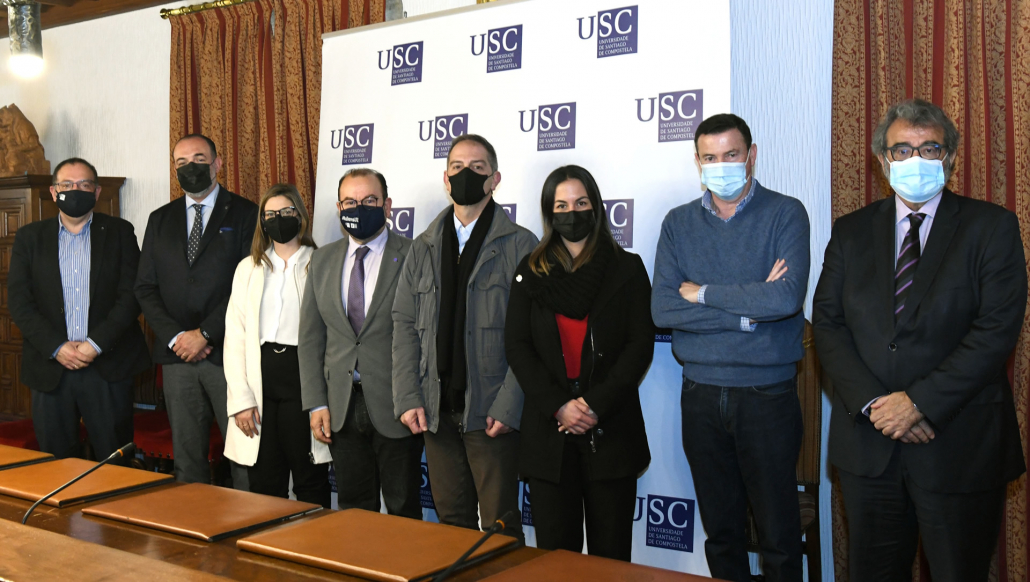
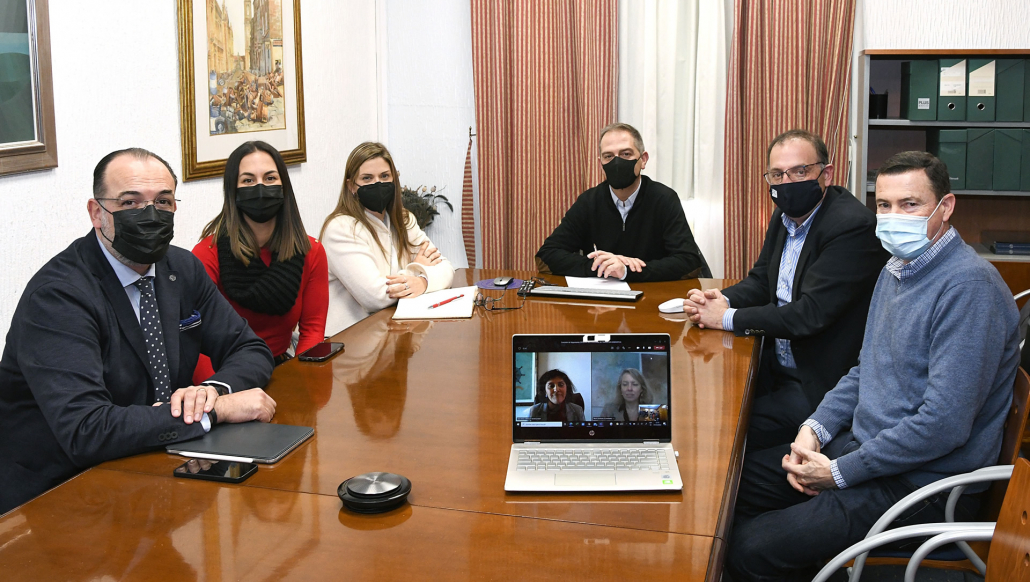
What is energy transition and why have we created a specialised faculty?
The energy transition is the process of transformation, or the set of changes which must be implemented, in order to make the switch from our current fossil-fuel based models of energy production, distribution and consumption to more sustainable models based on the use of renewable energy, electrification and distributed generation. Alternative fuels, digitalisation, energy efficiency and a circular economy are key to this.
When it comes to knowledge management and its application in society, we believe collaboration between public bodies and private enterprise is essential. The creation of the Faculty of Energy Transition will allow us to further develop our collaboration with the university and strengthen the relationship between universities and the energy industry at a crucial time, when the ecological transition as a whole – and by extension the energy transition – is becoming increasingly important due to the key role it must play if we are to achieve the Sustainable Development Goals (SDGs) related to research and education.
Where are its offices?
The offices of the Faculty of Energy Transition are located in the School of Engineering (ETSE) at USC (the Engineering and Management of Sustainable Processes and Products Research Group) and in our Distributed Energy Technology Centre (CETED) at the company’s headquarters in Bergondo (A Coruña).
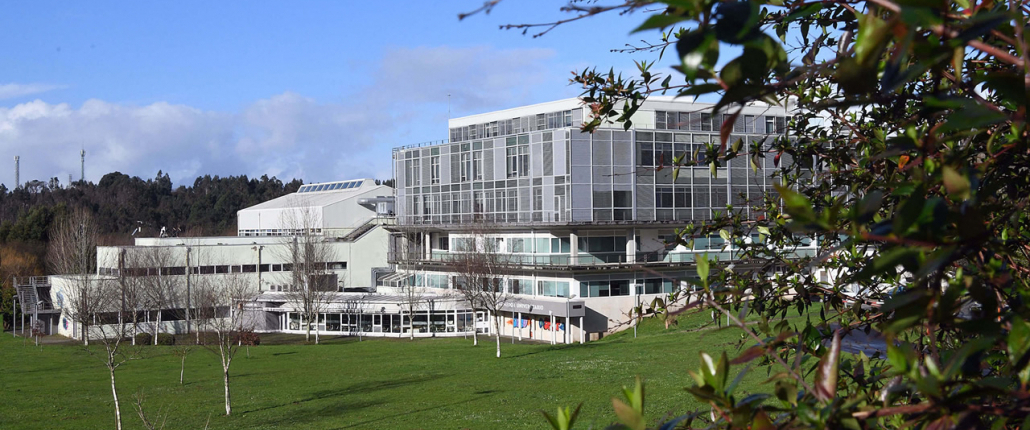
What are its goals?
Research, support for teaching and the diffusion of knowledge related to the field of energy transition, particularly in areas concerned with distributed energy systems, are the principal goals of the faculty. It will also:
- Promote the development of R&D&I projects and encourage participation in these.
- Develop distributed energy grid systems based on zero-emission fuels.
- Organise activities which stimulate reflection and debate in the field of energy transition, promoting its incorporation into bachelor’s and master’s degree programmes in disciplines related to the faculty’s mission.
- Promote ideas competitions and the creation of awards for projects and undergraduate and master’s degree theses.
- Create student internships at Genesal Energy, with and without university credit.
- Organise specialisation courses, conferences, seminars, meetings with experts, and visits to organisations, companies and institutions related to the faculty’s mission.
- Support USC graduates in their search for employment by participating in faculty activities where appropriate.

